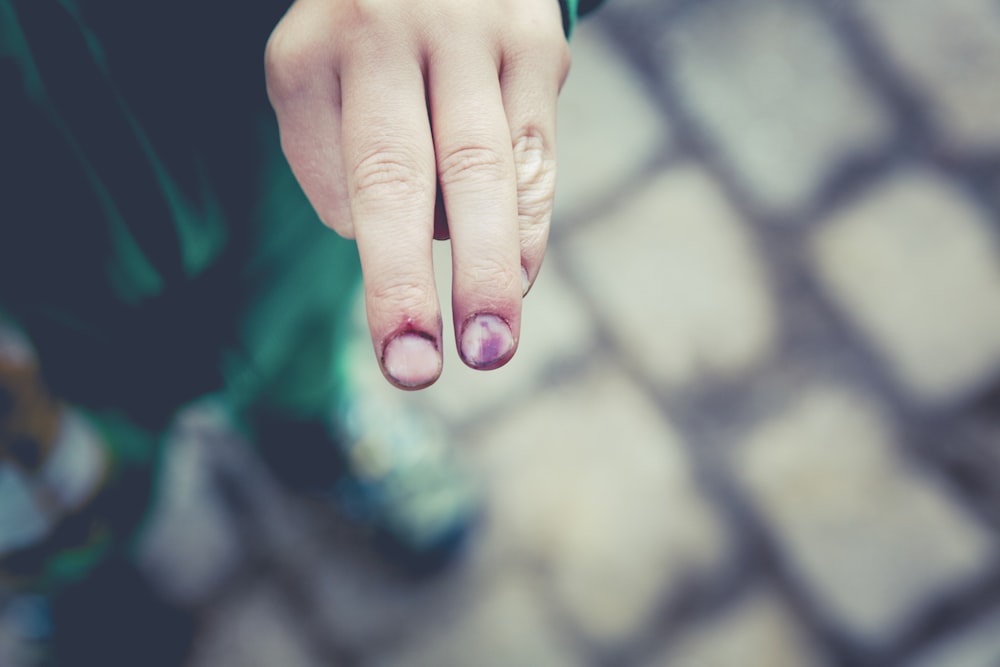
Whether you’re a dog person or not, you’ll admit that dogs are people-friendly. They’re usually nice, intelligent, and happy to see you, but sometimes they get pissed off and bite. Dogs are friendly, loyal, and love spending time with their owners, even taking on some human qualities. However, dogs can lose their patience and bite for various reasons.
Avoid Running Past A Dog
The dog’s instinct is to chase and catch you. If it threatens to attack you, remain motionless or back away slowly until the dog is out of sight. Don’t scream, and try to stay calm. If a dog knocks you over, curl into a ball and protect your face with your hands and arms. If attacked, place something between yourself and the dog, such as a backpack or a bicycle.
Don’t Disturb The Dog While Sleeping Or Eating
When you have guests, make sure everyone respects the dog’s eating time. Children frequently try to take food away from dogs because they think it’s fun, but this can lead to a bite from a confused or irritated animal. If your dog is sleeping or resting, leave it alone. Even if it isn’t sleeping, he might not be in the best mood for petting or playing.
Don’t Encourage Dog Aggression
Like humans, every dog is different and may have a unique personality. Some dogs want nothing more than to be around people, while others may seem very distant. It’s essential to give your dog space and don’t force it into an uncomfortable position. If your dog is aggressive or prone to biting others, it is best to seek professional help from an animal behaviorist.
Socialize Your Dog
A well-socialized dog is less likely to act out in aggression towards other animals or humans because it has learned to react appropriately in unfamiliar situations. Bringing your puppy or dog to the park or training classes will help your pet become accustomed to new people, places, and other animals.
Do not approach An Unknown Dog
Avoid unknown dogs, especially ones that are tethered or confined behind a fence or in a car. If you see a stray dog, do not run away from it, but instead walk away slowly.
Don’t Leave Children With Dogs
You shouldn’t leave a child with a pet alone. Kids do not understand when a dog needs some space; they often poke, hit, and pull dogs to get them to play, provoking them to bite them. However, if a neighbor’s dog bites your child, file a negligent security claim.
Understanding The Dog’s Body Language
Dogs communicate with body language, and if you understand it, you can tell when they are about to bite. For instance, growling or snarling shows that the dog is ready to bite if threatened. A hard stare means the dog is aggressive. If a dog barks at you for no apparent reason, it could be because it feels threatened or insecure.
Teach Your Child Dog Bite Prevention Tips
Teach children how to touch dogs and supervise interactions between them. Caution your child never to approach an unknown dog. An unfamiliar dog may view your child as an intruder into his territory or feel threatened by the attention.
Watch Your Body Language
Dogs are very sensitive to body language. If you act nervous or scared around them, they may become nervous or scared. A leaning posture can be interpreted as threatening, particularly if someone is leaning over the dog while eating or sleeping. Also, staring at dogs makes them uncomfortable or gives the impression that you’re being hostile towards them. They can sense your body language and charge toward you.
A dog’s instinct to bite arises when they feel threatened, or someone is invading their territory. You need to make sure your dog feels loved, secure, and happy in its environment to avoid these situations.







